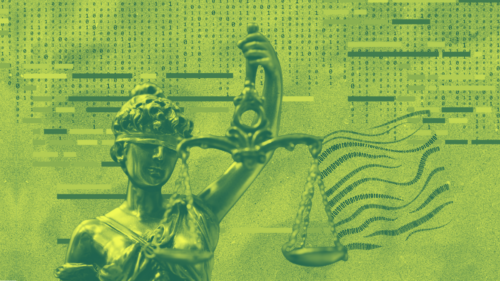Modern criminal justice reforms have called for the use of risk-need-responsivity (RNR) theory to help reduce the inherent subjectivity in case processing. Yet there is growing concern over racial bias and misclassification in risk assessment. This research-based module dives deep into the origins and core principles of RNR and its inherent limitations – Part I examines the practical application of RNR theory; Part II unpacks potential racial disparities and offers strategies to help mitigate bias and implement helpful policy and practice.
Learning Objectives:
- Understand the origin and core principles of risk-need-responsivity theory.
- Learn about the eight criminogenic factors.
- Consider ways to apply RNR theory in justice system settings while minimizing potential harms.
- Unpack the definition of risk and concerns of racial bias.
- Consider the limitations of risk-need tools and the perils of public domain instruments.
- Consider ways to apply RNR theory in justice system settings while minimizing potential harms.
- Learn ways to build a better decision-making framework and improve existing practices.
Videos
Lindsey Price Jackson, Associate Director of Community Justice, Technical Assistance
Documents
Risk-Need-Responsivity: Response Recommendations for Community Courts (2024)
Mapping Community Resources (2023)
